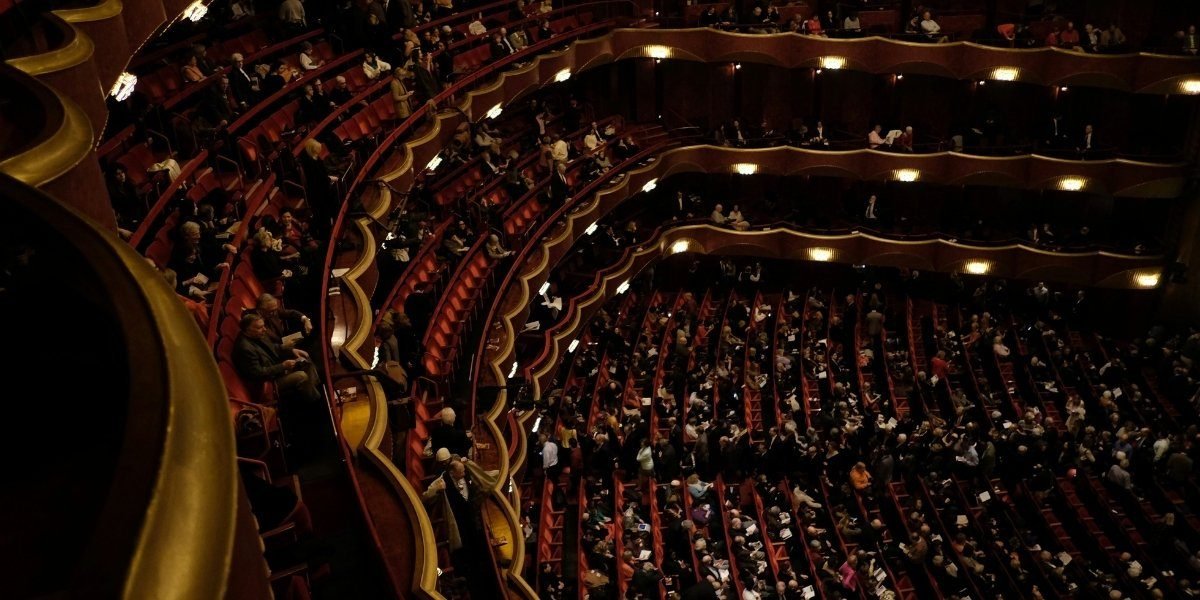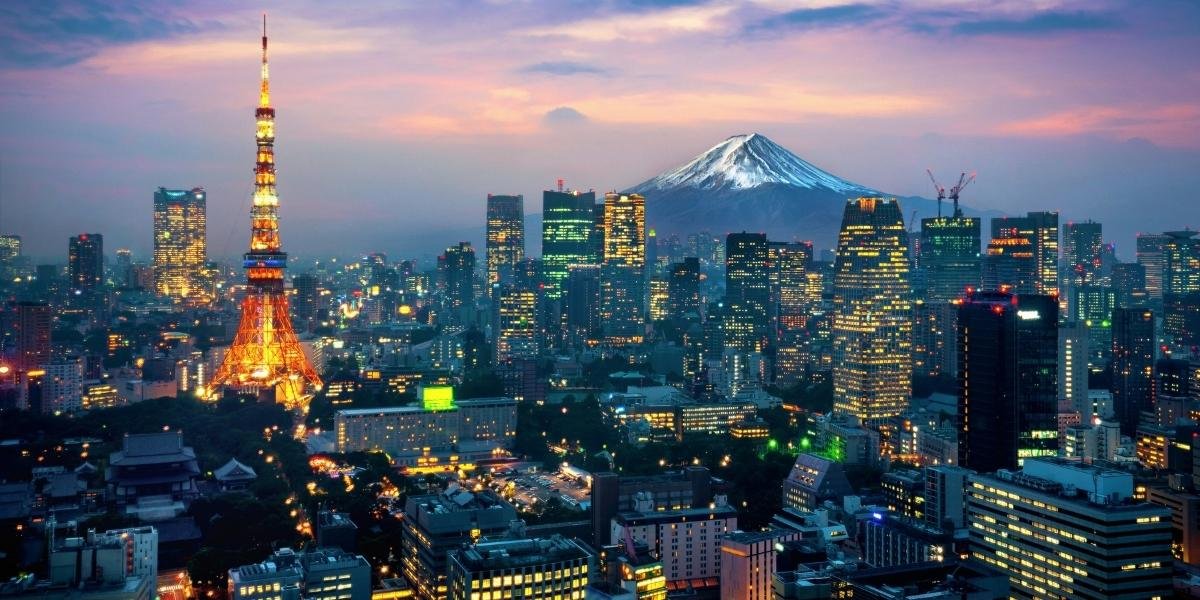The term “Opera’s Golden Age” invokes a period of unparalleled artistic brilliance, where the stage was graced by some of the most talented singers and stunning performances ever seen. It was a time when opera evolved into a celebrated cultural phenomenon, with renowned composers, magnificent orchestras, and vocalists whose names have become synonymous with excellence.
Opera’s Golden Age may have begun in the 18th century, but its lasting impact reverberated throughout the 19th and early 20th centuries. During this time, the world saw some of the most legendary figures, whose performances continue to inspire opera lovers worldwide.
Read Also: Exploring the Importance of Set Design in Movies and Television
What Made Opera’s Golden Age So Special?
The rise of Opera’s Golden Age was closely tied to changing social, cultural, and technological factors. The opera houses in Europe became grander, and more people were exposed to the grandeur of these performances. With the establishment of renowned venues like the Vienna State Opera, the Metropolitan Opera House, and La Scala in Milan, opera reached new heights of sophistication and popularity.
This period also coincided with the rise of composers like Giuseppe Verdi, Richard Wagner, and Giacomo Puccini, whose works became staples of opera’s legacy. The music itself, rich with emotional depth and complex orchestration, paired perfectly with the grandeur of the venues, creating an immersive experience.
Legendary singers, many of whom were trained in the finest vocal techniques, brought these monumental works to life. Their powerful voices filled majestic theaters, and their performances became benchmarks for future generations. What made the Golden Age particularly special was the way it combined technical virtuosity with emotional expression, offering audiences both intricate musicianship and profound storytelling.
Who Were the Legendary Singers of Opera’s Golden Age?
Some of the most iconic figures of opera’s Golden Age belong to a small but distinguished group of legendary singers whose careers are still celebrated today.
Enrico Caruso is perhaps the most famous name among opera singers of this era. His voice became synonymous with the Italian opera tradition, and his powerful tenor voice made him a household name. His recordings set standards for generations to come, and he performed with all the major opera houses around the world. Caruso’s vocal range and emotional depth left an indelible mark on opera history.
Similarly, Maria Callas, whose dramatic soprano voice embodied the raw emotion of her roles, captivated audiences across the globe. Her interpretations of Verdi’s “Tosca” and Puccini’s “La Traviata” are some of the finest performances ever recorded. Known for her vocal range and dramatic intensity, Callas’ influence extends far beyond her time.
Luciano Pavarotti, another key figure in opera’s Golden Age, brought opera to the masses in the late 20th century. His powerful tenor voice, unmatched vocal technique, and charismatic stage presence helped make him one of the most popular classical artists in modern history. Pavarotti’s career helped opera reach a broader, more diverse audience, and his performances remain legendary.
What Were the Iconic Operas of the Golden Age?
The Golden Age of opera was defined not only by the singers but also by the operas themselves. Some works became staples, being performed regularly at the world’s most prestigious opera houses. Composers like Verdi, Wagner, and Puccini created operas that would stand the test of time.
Verdi’s “La Traviata” is one of the most performed operas of all time. Its sweeping melodies and compelling story of love and sacrifice made it an instant classic. Likewise, “Aida”, another of Verdi’s masterpieces, continues to be a favorite in major opera houses.
Wagner’s operas, including “The Ring Cycle” and “Tristan und Isolde”, pushed the boundaries of music and storytelling. His complex harmonic structures and deep philosophical themes influenced generations of composers and singers alike.
Then there’s Puccini, whose works like “Tosca”, “Madama Butterfly”, and “La Bohème” are widely regarded as masterpieces. His operas are filled with unforgettable melodies and moving emotional arcs, making them staples of the opera repertoire.
Why Are Opera’s Golden Age Performances Still Relevant Today?
Opera’s Golden Age remains an unparalleled source of inspiration for today’s performers and composers. The incredible vocal technique and interpretation of the singers, along with the emotional depth and dramatic storytelling of the operas, are still studied and revered by students, professionals, and fans alike.
Many modern-day operas are still heavily influenced by the works and the singers of this era. Contemporary performances in world-class opera houses continue to draw from the stylistic techniques developed during the Golden Age. Today’s singers often aspire to the vocal precision and dramatic flair that Caruso, Callas, and Pavarotti embodied in their performances.
Moreover, the technological advancements since the Golden Age have only enhanced the operatic experience. With the ability to record and broadcast performances, opera companies around the world share the magic of past and present stars with new generations of audiences.
How Has Opera Evolved Since Its Golden Age?
While the Golden Age of opera may have passed, opera itself has continued to evolve. Newer opera singers still strive to match the feats of past legends, but they are also breaking new ground. Modern opera productions bring innovative staging, lighting, and technology to the stage, while maintaining the core traditions of the Golden Age.
The works of contemporary composers are now being recognized alongside the classics. Opera houses are regularly premiering new operas, ensuring the genre continues to thrive while retaining its historic foundations.
Read Also: How to Make Reading Fun for Young Children
Why Should We Remember the Golden Age of Opera?
The Golden Age of opera represents a high point in both music and performance, showcasing the skill, artistry, and dedication of some of the most iconic musicians in history. These legendary singers and operas created a legacy that continues to shape the art form today. While the world changes, the emotional power of opera remains timeless.
Whether you’re new to the world of opera or a lifelong fan, understanding this era helps deepen your appreciation for the beauty and complexity of the genre. From the unforgettable voices of past legends to the unforgettable performances they gave, the Golden Age of opera offers a glimpse into one of the most extraordinary periods in music history.








